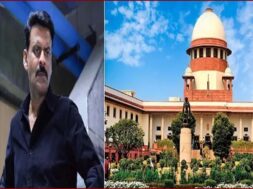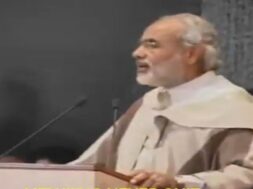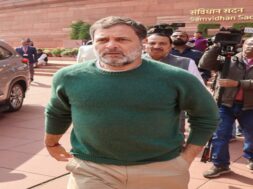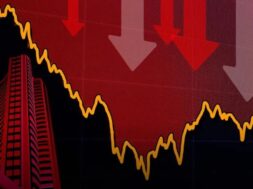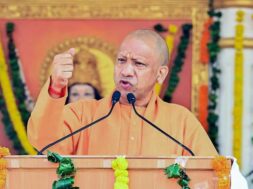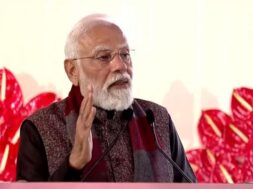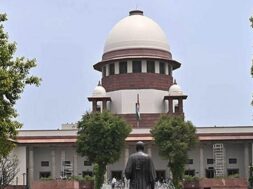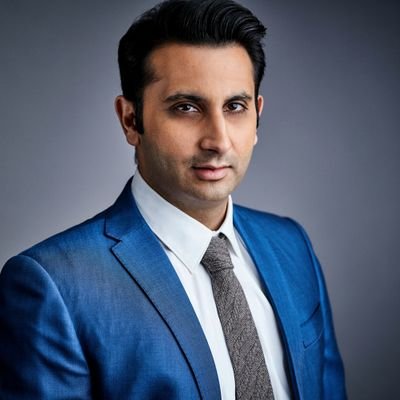
Manas Dasgupta
NEW DELHI, Apr 28: Accepting the requests of the centre, the Serum Institute of India (SII), the world’s largest vaccine producer, has agreed to reduce for the state governments the price of its Covid-19 vaccine “Covishield” by Rs 100 per dose.
The vaccine would now be available to the state governments at Rs 300 instead of Rs 400 per dose it had announced earlier.
The SII chief executive officer Adar Poonawalla said the company decided to reduce the prices for the state governments as a “philanthropic gesture”
“As a philanthropic gesture on behalf of SII, I hereby reduce the price to the states from ₹400 to ₹300 per dose, effective immediately; this will save thousands of crores of state funds going forward. This will enable more vaccinations and save countless lives,” Poonawalla said on Twitter.
SII had earlier given its per dose pricing of its ‘Covishield’ vaccine as ₹150 for the Central government, ₹400 for State governments and ₹600 for private hospitals while Bharat Biotech (which rolls out ‘Covaxin’) had quoted ₹150 for the Centre, ₹600 for State governments ₹1200 for private hospitals.
After several state governments labeled dual pricing policy for the state and the central governments as “profiteering,” the centre had on April 26 requested both the vaccine manufacturers to reconsider their pricing strategy for the state governments. The governments of Delhi, Tamil Nadu, Kerala and Punjab among others had raised the issue of differential pricing and said that it was not the time for profiteering.
Several states and Union Territories all over the country have allocated funds to ensure free vaccination for people over the age of 18.
Stung by the criticism over its pricing of the Covishield vaccine, the SII last week had responded by noting the “inaccurate comparisons between the global prices of the vaccine with that in India” while stating that Covishield – one of two anti-Covid-19 vaccines in the country – remained “the most affordable Covid-19 vaccine available in the market today.”
“The initial prices were kept very low globally as it was based on advance funding given by those countries for at-risk vaccine manufacturing. The initial supply price of Covishield for all government immunization programme, including India, has been the lowest,” the SII had said, in a statement.
Meanwhile, Maharashtra Health Minister Rajesh Tope on Wednesday expressed doubts about the state been able to launch the adult vaccination drive from May 1 as announced by the centre because of the shortage of vaccine doses. Tope said despite the Centre announcing the third phase to begin from May 1, it would not be possible to begin the vaccinations on that date as the only two indigenous producers – SII and Bharat Biotech – could not supply the requisite amounts of doses for the smooth conduct of the inoculation drive.
Tope further said the SII had only given a verbal promise of supplying one crore vaccines a month to the Maharashtra government and that a written assurance was pending. Accordingly, the Maharashtra cabinet had taken the decision to import vaccines to meet its required quantity of an estimated 12 crore doses in order to inoculate 5.71 crore citizens between 18-44 years for the third phase.
Meanwhile, a study has found that people who have been vaccinated with Covaxin have protection against the double mutant (B.1.617) variant first found in India. The findings by the researchers of the Indian Council of Medical Research (ICMR) and Bharat Biotech are yet to be published in medical journals.
The study report said so far 21 countries have detected the B.1.617 variant. Of those, the majority of cases have been reported from India.
The researchers used the sera collected from 28 people who had participated in the Covaxin phase-2 trial. They also collected sera samples from 17 people who were infected with older strains of the SARS-CoV-2 virus and had recovered.
“The study found that the neutralising capacity against the double mutant (B.1.617) variant was found to be good in both groups — people who have received the vaccine and those who have recovered from Covid-19,” said Dr Samiran Panda, a senior scientist at ICMR and one of the co-authors of the study report.
“Compared with people who have recovered from COVID-19, the ability of the sera of vaccinated people to neutralise the B.1.617 variant was found to be two-fold less.” An earlier study had found that Covaxin neutralises the B.1.1.7 variant first found in the U.K.
“The assurance of neutralisation of B.1.617 variant with sera of Covaxin vaccines and recovered COVID-19 sera will provide the much-needed boost for the COVID-19 vaccination programme in India,” the authors said.
